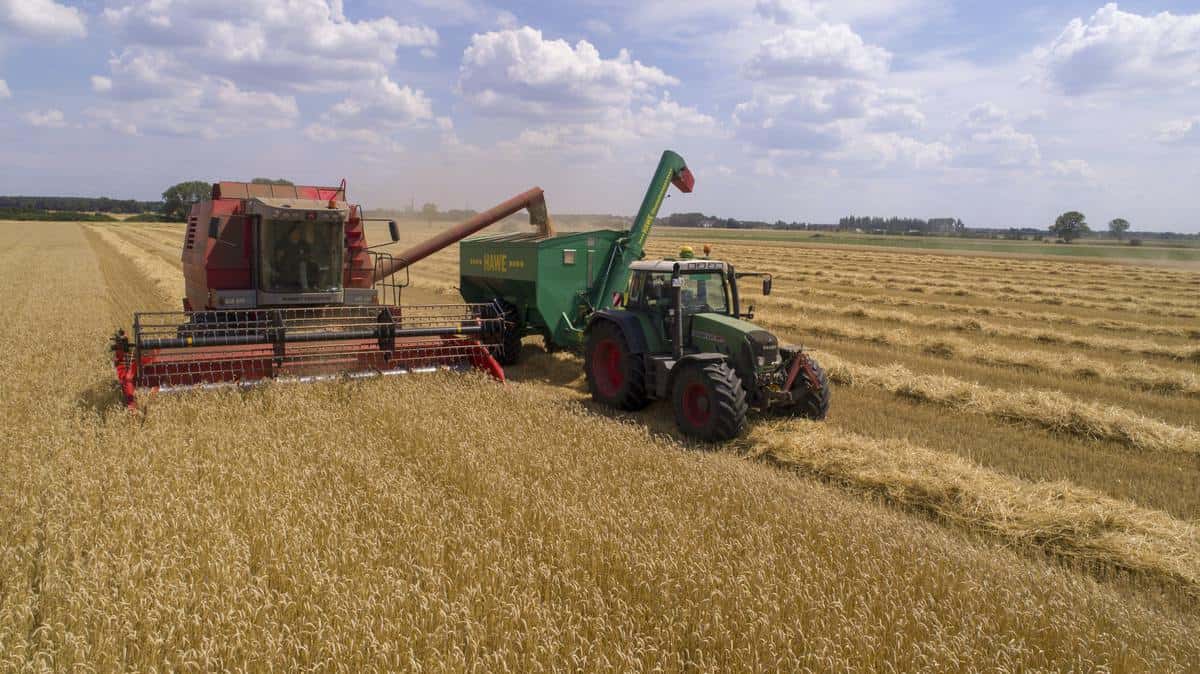It’s great news for Australian perishable goods exporters because they now have real-time information on supply chains and logistics.
Exporters can negotiate ‘new-look’ supply chains and a new international trade landscape with the Australian Government’s new service.
While announcing the advisory service, Don Farrell, Minister for Trading and Tourism, stated that one of the most serious ongoing issues for exporters is getting their products to overseas customers.
“This new supply chain service kicking into gear from 1 August 2022 will give Australian exporters the real-time information and insights they need to navigate complex global supply chains,” Mr Farrell said.
The Australian Trade and Investment Commission (Austrade) will supply the Export Supply Chain Service, expanding on the extensive range of services available to exporters.
As the International Freight Assistance Mechanism (IFAM) ends, the Export Supply Chain Service will continue to assist small and medium-sized businesses. IFAM was a short-term, focused emergency response that maintained critical airfreight supply lines disrupted by COVID-19 during the peak of the global epidemic.
Air Vice-Marshal Margaret Staib, the Australian Government Freight Controller, stated that businesses must adapt to the changing global economic climate.
“While pathways to trade internationally are being restored, businesses must recalibrate and adjust to current trade conditions. Supply chains are different to pre-COVID, but opportunities exist for businesses ready to innovate and adapt,” AVM Staib said.
“IFAM helped stem wholesale job losses across farming, aviation and freight sectors. Around 35,000 jobs directly and over 120,000 jobs indirectly in agriculture, seafood, aviation and logistics were at risk when airfreight collapsed.
“Now, with IFAM winding down from 30 June, exporters must adapt to the new world of supply chain challenges, and we’re here to help them access the insights and information they need to do that.”
The state of Australian agricultural exports
The Australian economy heavily depends on the agricultural sector. Approximately 11 per cent of trade in commodities and services, 2.2 per cent of GDP with value-added, and 2.6 per cent of employment in 2018–19 were related to agriculture, as per government data. Australia is a major supplier of agricultural products worldwide.
Australia presently exports more agricultural products than it imports, with over 70 per cent of total agricultural production exported. The value of Australian agricultural exports in 2018-19 was about $49 billion.
China remains Australia’s major agricultural importer, with Japan, the United States, and the Republic of Korea being important markets for Australian agricultural exporters.
The involvement of all Australian governments in supporting the agricultural sector, including farmers, processors, and merchants, is crucial. The governments of other nations actively similarly support their agricultural industries.
More here.
Keep up to date with our stories on LinkedIn, Twitter, Facebook and Instagram.

